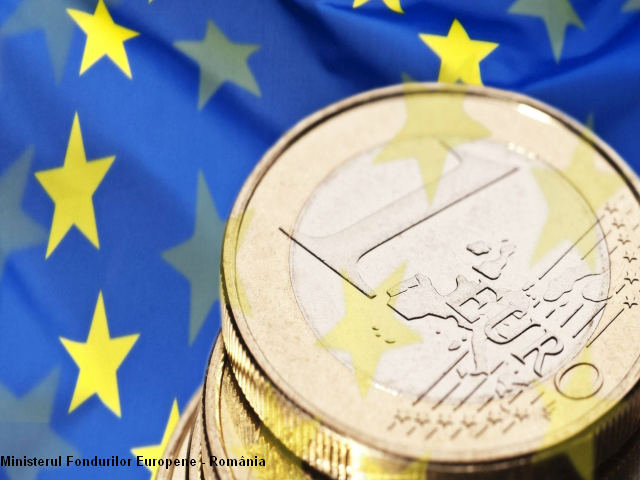The absorption of European funds and economic growth
The insufficient absorption of European funds fuels again the political disputes in Bucharest

Bogdan Matei, 11.04.2018, 13:06
Dramatically impoverished during the nearly 50-year long communist dictatorship and mismanaged during the long post-revolutionary transition, Romania got EU membership eventually in 2007.
However, the development gaps between Romania and the Western countries still persist particularly in the poor Northeastern and Southern regions, where the living standard does not even reach half of the EU average. Theoretically, the available means of bridging the gaps is the absorption of European funds.
Practically however, the Romanian authorities, be they central or local, irrespective of their political colour, have become proverbial for their poor accession of European funds. That was also the centerpiece of the motion “The absorption of European funds, a catastrophe bearing the mark of the Social-Democratic Party-ALDE coalition”.
The motion was filed in the Senate against the Social-Democrat Minister of European Funds, Rovana Plumb, by the National Liberal Party and the People’s Movement Party, being also voted by the Union for the Progress of Romania on Tuesday.
The signatories demanded the Minister to resign, criticizing what they called the disaster in the management of structural funds in Romania. Only small sums of money have been absorbed from the billions of Euros worth of funds allocated to Romania; the right wing senators said that in some cases, the projects had not even started being implemented. They also accused excessive bureaucracy, permanent amendments to the legislation and the authorities’ indifference.
Liberal Senator George Stanga: “In late 2017 Romania officially lost 1.64 billion Euros, money which the EU gave us for free. With this money, we could have built 10 regional hospitals, not 8; we could have built 160 km-long highways and four suspension bridges over the Danube. You have proved you are unable to bring in European funds. Incompetence, the lack of professionalism are reasons for you to resign. Hand in your resignation before this area is completely compromised.”
The leftist governmental majority, backed by the Democratic Union of Ethnic Hungarians in Romania, predictably turned down the motion with a comfortable number of votes: 72 votes against, one abstention and only 40 votes in favour of the motion. Before the voting, the Minister of European Funds, Rovana Plumb, replied to the incriminations and in turn accused the politicized speech of the right wing.
Rovana Plumb: “I’m not that kind of person to look at the past. I’d rather build the present to ensure the outcome of the future. But nor do we accept the groundless attacks of our opposition colleagues, given that in the previous term in office, the same colleagues who today try to preach to us did not take any interest in the failed absorption of European funds. According to the European Commission’s report, the absorption rate of structural and investment funds is 16%, as against the 18% European average. Romania is ahead of EU member states with tens of years’ experience in absorbing non-reimbursable European funds.”
Minister Rovana Plumb went on to say that during the 2014-2023 period Romania was allocated about 42 billion Euros worth of European funds, 10 billion Euros of which have already been accessed.






























